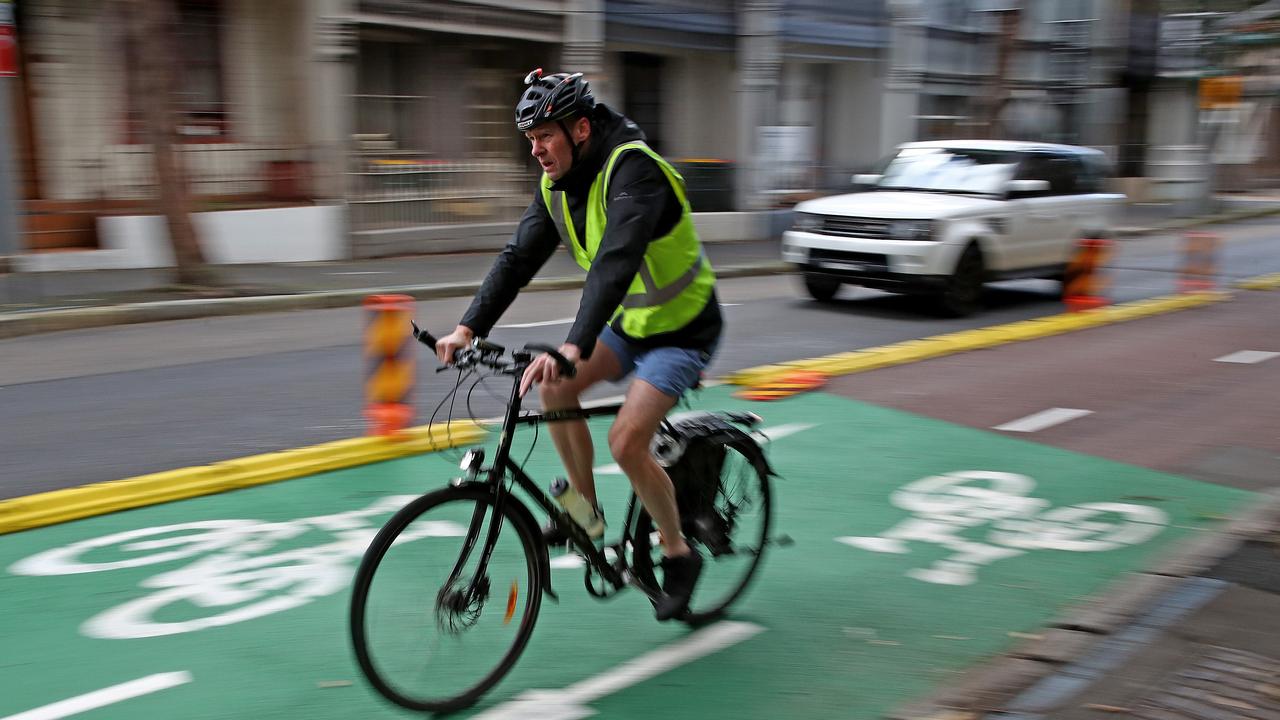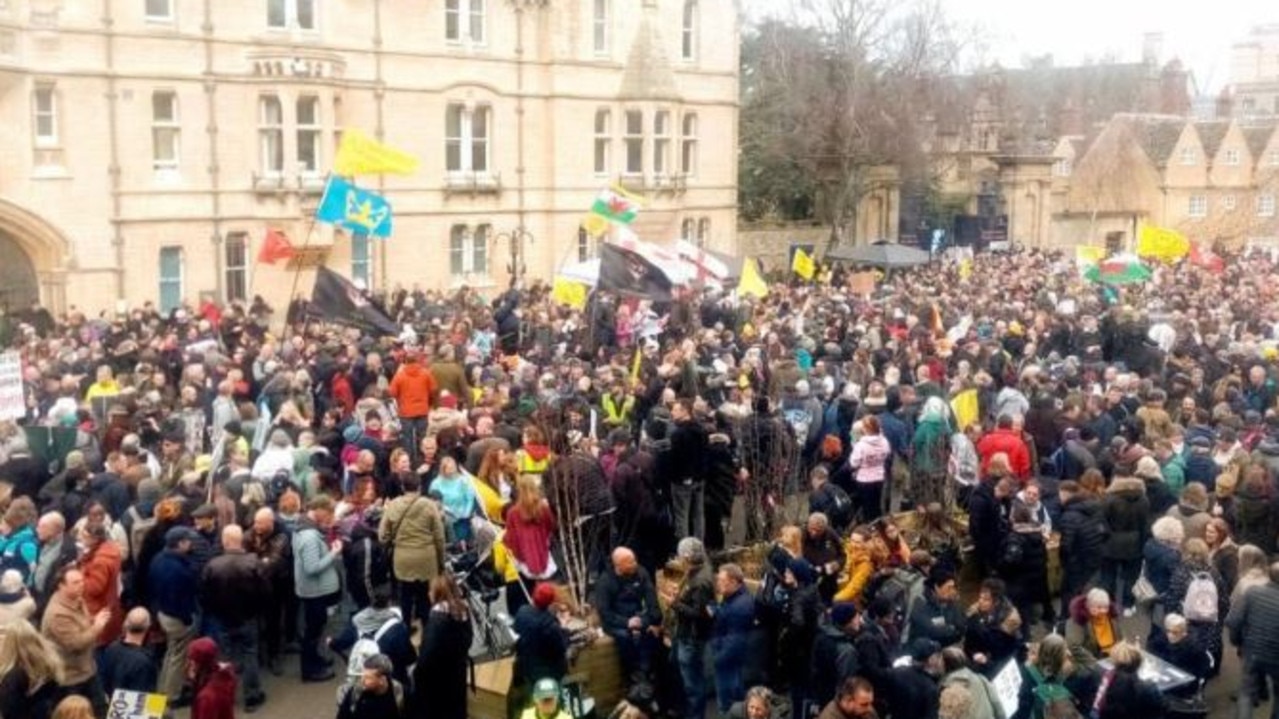Conservative UK MP ridiculed for wild 15-minute city conspiracy theory comment
A British politician has copped an almighty backlash after whipping up a conspiracy theory frenzy on the floor of his nation’s parliament.
As the 15-minute city conspiracy theory spreads across the globe, one UK politician is under fire for stirring up the dangerous belief with three alarming words.
The 15-minute city concept is a simple one – that everyday essentials of life such as healthcare, schools, work, shops and eateries should be a convenient 15 or 20-minute walk, cycle or public transport trip away.
However, it has been hijacked by conspiracists, who claim 15-minute cities are part of a grand master plan by global elites to lock down and control the population.
Earlier this month, Conservative UK MP Nick Fletcher gave the conspiracy even more oxygen, after attacking the concept in parliament.

“Will the Leader of the House please set aside time in this House for a debate on the international socialist concept of so-called 15-minute cities and 20-minute neighbourhoods?” he said.
“Ultra low emission zones in their present form do untold economic damage to any city. The second step, after such zones, will take away personal freedoms as well.
“Low emission zones cost the taxpayer money – simple as. However, 15-minute cities will cost us our personal freedom, and that cannot be right.”
From there, Mr Fletcher’s comments were picked up and shared by UK channel GB News, which described 15-minute cities as “deeply illiberal” and “unBritish”.
Mr Fletcher’s reference to low emission zones relate to completely separate local council plans in areas such as Oxford to ease traffic congestion and reduce emissions by dividing the city into zones, and encouraging motorists to avoid driving through the CBD and instead travel via the city’s ring road, or catch public transport.
The politician’s claims sparked a major debate on Twitter, and while many supporters agreed with his stance, likening 15-minute cities to “prison cells”, countless others ridiculed Mr Fletcher’s belief.
“What exactly are you afraid of? Having everything you need within walking distance? Having better walk/cycle routes to the nearest shop? If you seriously believe you’re going to be trapped in your neighbourhood then I don’t think the internet is for you,” journalist Richard Franks posted.

“I demand that basic amenities are at least 30 minutes away, preferably by car,” another Twitter user sarcastically wrote.
“What do you have against clean air (which means longer, healthier lives) and neighbourhoods with local services easily accessible for your constituents?” another questioned, while yet another pointed out that: “You understand people can (and bear with me here) work outside the zone if they choose to, right?”
The argument was also taken up by many media commentators, including The Guardian’sRowan Moore, who said it was “a case of lunacy on stilts as virtuoso as any in the world of conspiracy theories”.
He also pointed out the puzzling fact that 15-minute cities were typically being opposed by conservatives – an interesting turn of events, given the entire concept is similar to a more traditional way of life, when people lived in smaller villages and towns and tended to spend most of their time in their local areas.

Meanwhile, Philip Oldfield, head of built environment at UNSW, is among the many global experts speaking up to rubbish the 15-minute city conspiracy theory.
“Last year, if I had to guess what would be the batsh*t conspiracy theory of 2023, I would have never guessed it would be ‘town planning where you can walk to the shops’,” he recently posted on Twitter.
“What’s wild is the ‘15-minute city’ is literally about choice.
“The choice that you don’t have to drive to the out of town shopping centre, you can walk/ bike to local shops too. Dude, no one is going to stop you driving to Costco.”
But that hasn’t stopped the growing anxiety about the urban planning concept in the UK, which culminated in the Stop Oxford: No 15 Minute Cities community day of action in Oxford last weekend, which attracted thousands of protesters.
And according to online conspiracy theory groups, it’s an issue they won’t be dropping any time soon.





